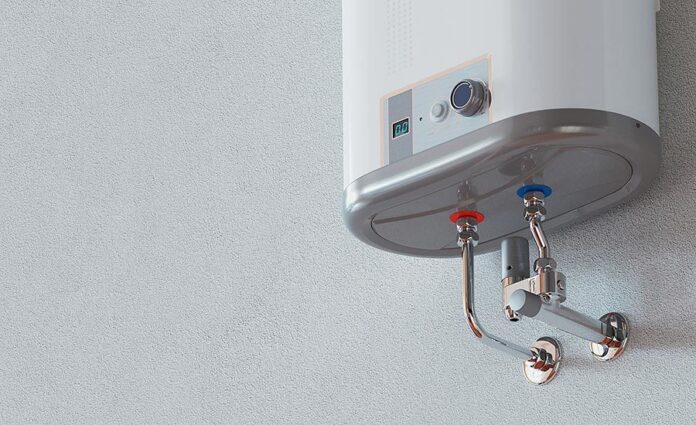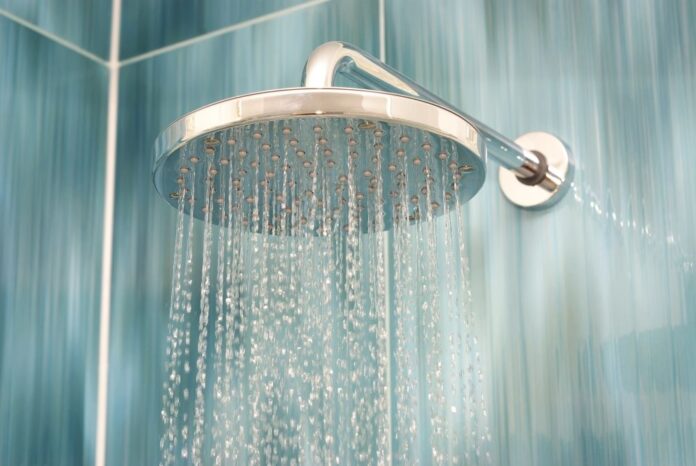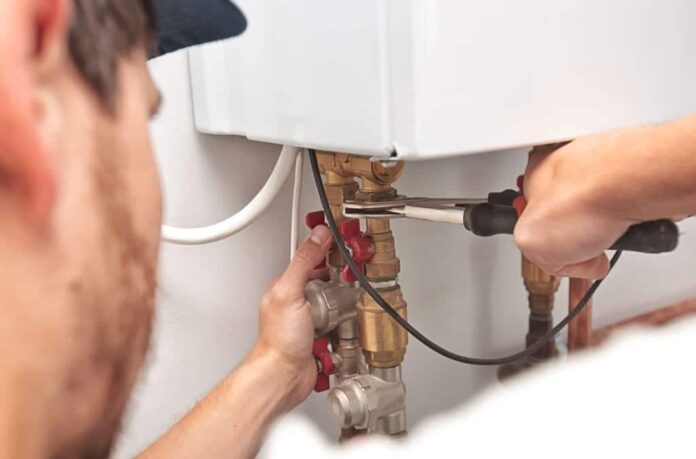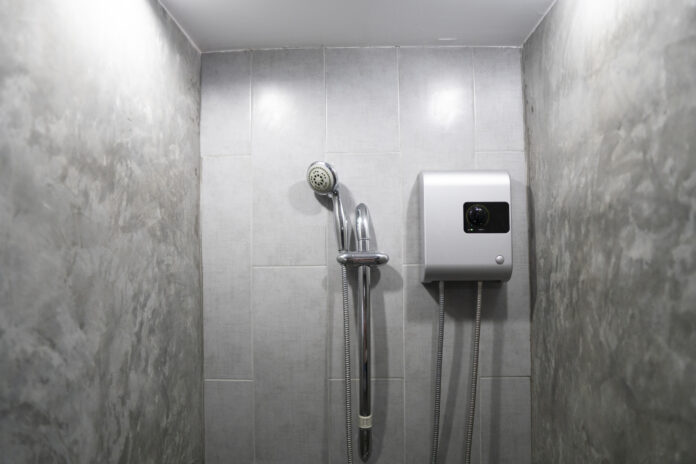Have you ever wondered how many showers the latest tankless water heater can run? No worries, we have you covered! In this blog post, we will provide you with the latest and greatest information on tankless water heaters to help make your 2024 shower experience a breeze!
Benefits of Tankless Water Heaters

In comparison to traditional tank water heaters, tankless water heaters have become increasingly popular due to their numerous benefits. Tankless water heaters provide an unlimited supply of hot water when you need it, as the system uses natural gas or electricity to heat the cold water only as it’s used. This helps conserve energy and, therefore, save you money on your monthly utility bills. Additionally, since a tankless unit does not have a storage tank which can leak or cause damage if it rusts or corrodes over time, they require less maintenance and are less prone to damage.
These models often come in a variety of sizes so they can be tailored to fit your specific needs. Installation is typically easier because these models are more compact than traditional tanks and require less investment in space requirements for installation. Furthermore, these systems also tend to last much longer – up to 20 years – so you won’t need as frequent replacements over time.
Generally speaking, most homes will be able to run 2 showers simultaneously with an average tankless heater—or even 3 if multiple members of your family aren’t taking long showers at once. However, some larger units with higher temperatures settings might exceed that capacity. So depending on how many people you have in your home who will be using hot showers or dishwashing at one time, you should consider installing multiple systems accordingly. Talk with manufacturer and local professionals about configuring your tankless heater correctly for usage demands in order to ensure maximum efficiency throughout the year.
Overall, they prove to be a great alternative option that may provide more convenience while costing less in terms of both purchase costs and monthly utility bills.
Factors That Impact How Many Showers Can Be Run with a Tankless Water Heater

They can provide hot water on demand and are becoming more common in homes due to their energy efficiency. The number of simultaneous showers a tankless water heater can run is an important factor when considering one for your home. But there are several factors that affect this, such as the size and type of tankless water heater, the temperature desired for each shower, the flow rate of each fixture, and the temperature rise desired for each shower.
They come in different sizes according to the gallons per minute (GPM) of hot water they can supply. Most units offer GPM values ranging from 4-6 GPM for small households to up to 11-12 GPM for larger households with multiple bathrooms and/or showers. Selecting a model that offers enough GPM capacity is essential when planning how many showers can be run simultaneously; otherwise, not all fixtures will receive sufficient hot water or some may not receive any at all.
In addition to size calculations, there are other factors one should consider before determining how many showers a particular tankless model can run simultaneously. For instance, some models may be capable of supplying two showers with sufficient hot water but may perform poorly if tasked with running three or more. The desired temperature rise – the difference between incoming cold water temperature and outgoing hot – must be taken into account as well since higher temperatures require more energy from the unit. Finally, it is important to bear in mind that flow rate varies from fixture to fixture; thus multiple immediate shower sources could overload even a higher capacity tankless unit unless special care is taken regarding fixture selection.
For these reasons and others, it is best to consult with an experienced HVAC professional before purchasing a tankless unit for your home so that you have the most accurate estimate of performance metrics like how many simultaneous showers it can handle comfortably.
Maintenance and Upkeep for Tankless Water Heaters

Given their greater efficiency and convenience, they have become more popular in recent years. However, to ensure their proper operation and ability to consistently deliver hot water on demand, maintenance of these machines is essential. Regular maintenance will not only extend the life of your tankless water heater but also help to prevent problems and repairs.
Due to the elements present in your local water supply, it is important to perform regular maintenance with regard to flushing out deposits and mineral buildup. This should take place every two or three months depending on the hardness of your local water supply. Minerals found in hard water can build up over time within the waterways of your tankless unit, which can reduce its overall efficiency and create problems such as low hot water pressure or rusty-colored hot water.
Other typical tasks performed during maintenance include:
- Inspecting for gas or electrical leaks
- Checking for ventilation blockages due to critters making nests near the vent pipe
- Cleaning pilot lights
- Replacing batteries in digital displays if applicable
- Descaling any heat exchangers if necessary
- Cleaning air filters
- Lubricating mechanical components when needed
- Re-adjusting temperature sensors
Ultimately although a well-maintained tankless unit can bring several benefits (cost savings from less energy use and countless other benefits), they still require a degree of upkeep that must be factored into ongoing budgets for property owners. An experienced technician should be engaged at least once a year so that any potential issues are caught early before they become serious threats or lead to costly repair bills down the line.
Conclusion

In summary, they offer several advantages over traditional storage type tanks. They are numerous and varied, from energy savings to space savings and more. Tankless water heaters can provide hot water for many uses in your home including showers, baths, laundry, dishwasher and hot tubs.
The cost of their installations can vary depending on the necessary permits and other required components. These types of systems may require more maintenance than traditional storage tanks but you also get the added benefit of unlimited hot showering with no monthly heating bills.
Choosing a tankless system is a great way to ensure your family’s future hot shower needs are taken care of or at least drastically reduced.





